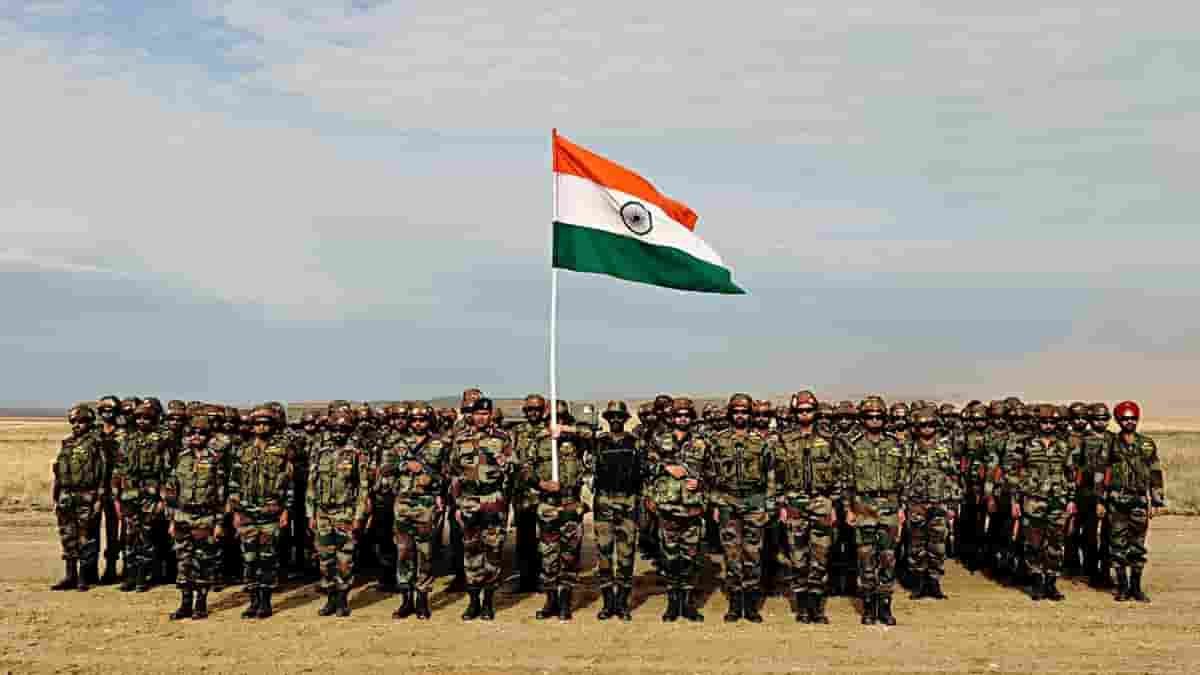Kesari 2: Revisiting the Jallianwala Bagh Tragedy and Sir CS Nair’s Legacy
Key Points
- Akshay Kumar stars in the historical drama “Kesari 2.”
- The film focuses on the Jallianwala Bagh massacre and the legal battle involving Sir CS Nair.
- Explores themes of colonial brutality and Indian resistance.
- Based on the book “The Case That Shook the Empire.”
- It features an ensemble cast that includes Akshay Kumar, R Madhavan, and Ananya Panday.
Akshay Kumar’s Latest Historical Drama
Akshay Kumar, known for portraying iconic Indian personalities on screen, is set to star in “Kesari 2,” produced by Dharma Productions. Following the success of the 2019 film “Kesari,” which depicted the Battle of Saragarhi, Kumar’s latest venture delves into another seminal event in India’s history — the Jallianwala Bagh massacre of 1919.
Reliving the Jallianwala Bagh Massacre
The film sets the stage with a chilling recreation of the April 13, 1919, events in Amritsar, Punjab. On that day, British Brigadier-General Reginald Dyer ordered his troops to open fire on over 15,000 unarmed civilians gathered at Jallianwala Bagh to peacefully protest against the oppressive Rowlatt Act. The massacre resulted in hundreds of deaths and thousands of injuries, sparking intense anti-colonial sentiments across the nation.
The teaser effectively uses soundscapes and visuals to evoke the horror and gravity of that fateful Baisakhi day. Through this narrative, the film zeroes in on the aftermath of this horrifying event and its influence on India’s freedom struggle.
Akshay Kumar as Sir CS Nair
In “Kesari 2,” Kumar takes on the role of Sir Chettur Sankaran Nair, a lawyer, nationalist, and pioneer from a wealthy family in Kerala. Nair served as the youngest president of the Indian National Congress during its infancy and was knighted by the British in 1912. At the time of the Jallianwala Bagh massacre, he was the sole Indian representative in the Viceroy’s Executive Council.
Deeply disturbed by the atrocity, Nair resigned from his position in protest, much like Rabindranath Tagore, who returned his knighthood. His resignation stunned the British authorities and led to significant changes, including the immediate withdrawal of martial law in Punjab.
The Legal Battle of O’Dwyer v. Nair
A major focus of the film is the libel case O’Dwyer v. Nair, which highlighted Nair’s criticism of Michael O’Dwyer, the lieutenant governor of Punjab during the massacre. Nair accused O’Dwyer of enabling and justifying the massacre through his repressive regime, leading to O’Dwyer filing a defamation suit in a London court.
The trial was marked by overt prejudice against Nair as an Indian defendant. However, despite the hostile environment and a divided jury, Nair refused to apologize and opted to pay £500 in damages instead. The film dramatizes this five-week-long court battle, one of the lengthiest civil hearings of its era.
Historical Footnotes and Legacy
Although Sir CS Nair passed away in 1934, his stand against colonial injustice remains a poignant chapter in Indian history. The film also briefly notes the assassination of Michael O’Dwyer by revolutionary Udham Singh in 1940, a story previously portrayed in the movie “Sardar Udham,” starring Vicky Kaushal.
Cast and Production
“Kesari 2” is adapted from Pushpa Palat and Raghu Palat’s book “The Case That Shook the Empire.” The screenplay, crafted by Tyagi and Amritpal Singh Bindra, captures the emotional and historical essence of the events. Alongside Kumar, the movie features R Madhavan and Ananya Panday in pivotal roles.
The film promises to deliver a gripping account of resilience, justice, and the struggle against colonial tyranny, continuing Akshay Kumar’s streak of impactful historical narratives.
- Read the review of Kauf season 1
- Read More movies and Drama reviews
- Read Indian Drama Reviews
- Health se related hindi mein padhen
Kesari 2 | Kesari 2


